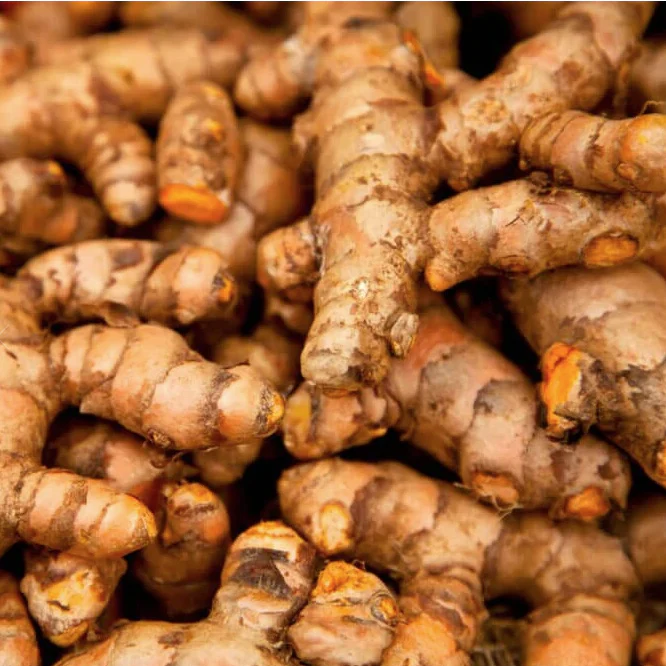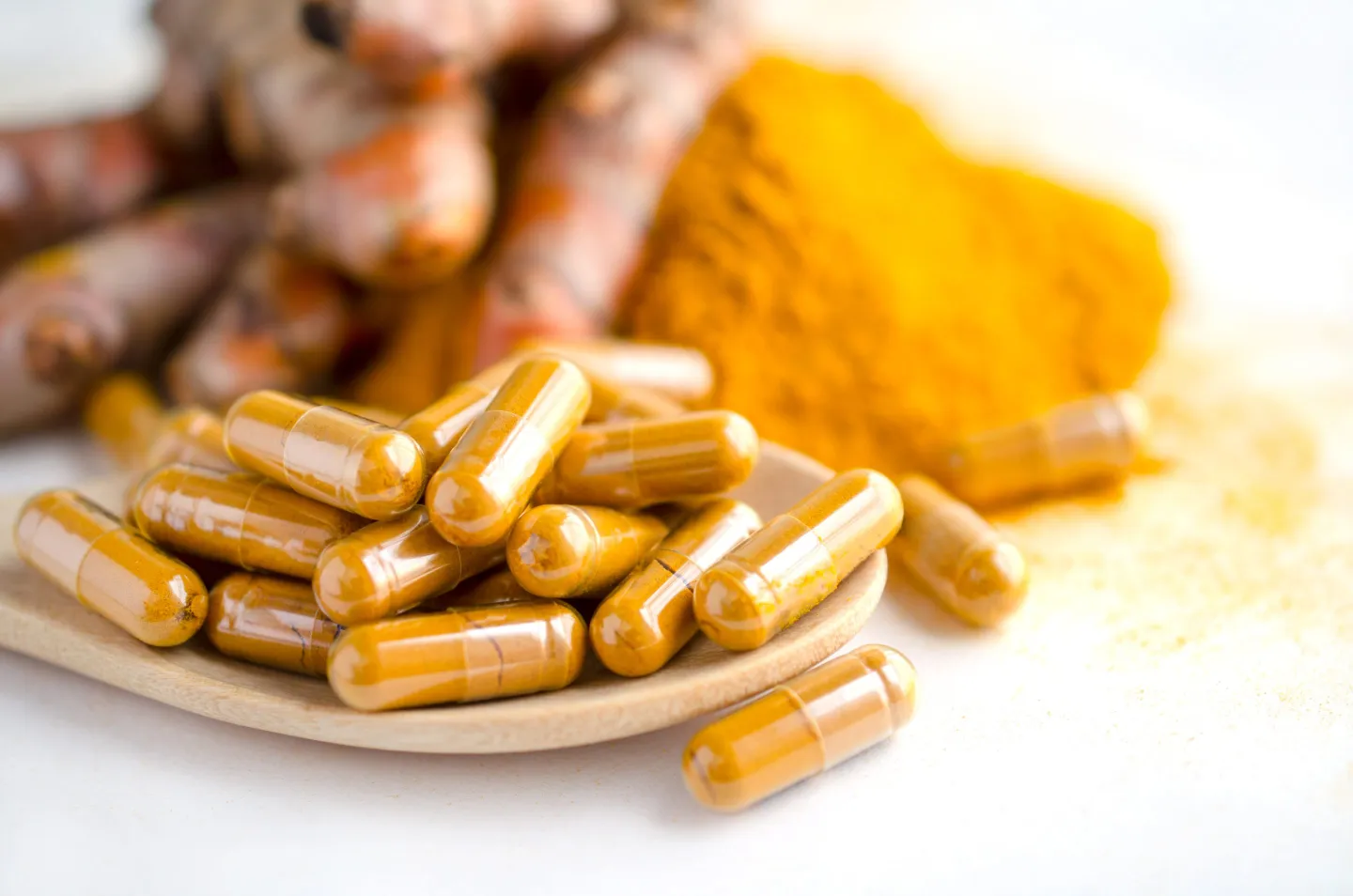Introduction
Turmeric, a golden-hued spice long revered in traditional medicine, has gained global popularity as a dietary supplement for its anti-inflammatory and antioxidant properties. However, recent medical research has uncovered a disturbing connection between turmeric supplements and severe liver damage, including acute hepatitis, liver failure, and even death.
This blog explores:
✔ The science behind turmeric-induced liver injury
✔ Documented cases of liver damage
✔ Who is most at risk?
✔ Symptoms of liver toxicity to watch for
✔ Safe usage guidelines from health experts
Turmeric’s Popularity vs. Emerging Risks
Why Is Turmeric So Widely Used?
Turmeric (Curcuma longa) contains curcumin, a bioactive compound believed to:
- Reduce inflammation
- Improve joint health
- Boost immunity
- Aid digestion
It’s found in:
- Capsules & extracts (high-dose supplements)
- Golden milk & teas
- Powdered spice blends
The Dark Side: Liver Toxicity Reports
While dietary turmeric in food is generally safe, concentrated supplements have been linked to liver injury in multiple studies:
- 2023 Study in Journal of Clinical Gastroenterology
- Identified 16 cases of acute liver injury tied to turmeric supplements.
- 3 patients required liver transplants.
- FDA Adverse Event Reports (2024)
- 37 cases of liver damage associated with curcumin supplements.
- Symptoms ranged from mild hepatitis to fatal liver failure.
How Does Turmeric Damage the Liver?

1. Curcumin Overload
- The liver metabolizes curcumin, but high doses (≥ 1000 mg/day) can overwhelm detox pathways.
- Leads to oxidative stress and liver cell death.
2. Contamination & Adulteration
- Some supplements contain heavy metals (lead, arsenic) or synthetic curcumin analogs, increasing toxicity.
3. Drug Interactions
- Turmeric may interfere with:
- Blood thinners (warfarin) → Increased bleeding risk
- Chemotherapy drugs → Altered effectiveness
- Diabetes medications → Dangerous blood sugar drops
4. Autoimmune Trigger
- Rare cases show turmeric supplements activating autoimmune hepatitis in predisposed individuals.
Who Is Most at Risk?
✔ People taking > 500 mg curcumin daily
✔ Those with pre-existing liver conditions (cirrhosis, hepatitis B/C)
✔ Individuals on medications metabolized by the liver
✔ Elderly patients (reduced liver function)
Symptoms of Turmeric-Induced Liver Damage
Early Warning Signs
- Jaundice (yellow skin/eyes)
- Dark urine & pale stools
- Fatigue & nausea
- Abdominal pain (upper right side)
Severe Cases
- Acute liver failure
- Confusion (hepatic encephalopathy)
- Death (rare but documented)
If symptoms appear, STOP turmeric supplements and seek medical help immediately.
What Do Health Authorities Say?
1. U.S. Food and Drug Administration (FDA)
- No formal ban, but warns against high-dose, long-term use.
- Investigating adulterated turmeric supplements.
2. European Medicines Agency (EMA)
- Recommends max 180 mg curcumin/day for supplements.
- Advises avoidance in liver disease patients.
3. American Association for the Study of Liver Diseases (AASLD)
- Lists turmeric as a potential hepatotoxin in 2024 guidelines.
- Urges liver function tests for supplement users.
Safe Alternatives to Turmeric Supplements
1. Dietary Turmeric (Safe in Moderation)
- ¼ to ½ tsp daily in cooking.
- Pair with black pepper (enhances absorption safely).
2. Other Anti-Inflammatory Herbs
- Ginger (safer for liver)
- Boswellia (joint support)
- Omega-3s (fish oil)
3. Liver-Protective Foods
- Milk thistle (silymarin)
- Beets & leafy greens
- Green tea (in moderation)
Real-Life Case: A Cautionary Tale
A 2024 report in Hepatology Communications described a 54-year-old woman who developed acute liver failure after taking turmeric capsules (1500 mg/day) for 6 weeks. She survived only after emergency transplant.
Key Lesson: Even “natural” supplements can have life-threatening consequences.
How to Use Turmeric Safely?
- Avoid High-Dose Supplements
- Stick to ≤ 500 mg curcumin/day unless prescribed.
- Choose Reputable Brands
- Look for USP, NSF, or EuroPharma certifications.
- Monitor Liver Enzymes
- Get ALT/AST blood tests if using long-term.
- Consult a Doctor If:
- You have liver disease or take medications.
Conclusion: Is Turmeric Safe?
The evidence is clear:
✔ Turmeric in food is low-risk.
✔ Supplements can cause severe liver damage in susceptible individuals.
✔ Regulatory agencies urge caution with high doses.
Have you or someone you know experienced side effects? Share your story below!
References
- Journal of Clinical Gastroenterology (2023) – “Turmeric-Induced Liver Injury”
- FDA.gov – “Turmeric Supplement Safety Alerts” (2024)
- AASLD Guidelines – “Drug-Induced Liver Injury” (2024)
Last updated: [30/05/2025]
Sourashis Chanda brings readers their unique perspective on Business, Economy, Health and Fitness. With a background in Health and Physical Fitness of 2years, I am dedicated to exploring [what they aim to achieve with their writing, on the sustainable Economy of the country, various pro tips about business, latest goverment news, with some tips in health are and Fitness.







